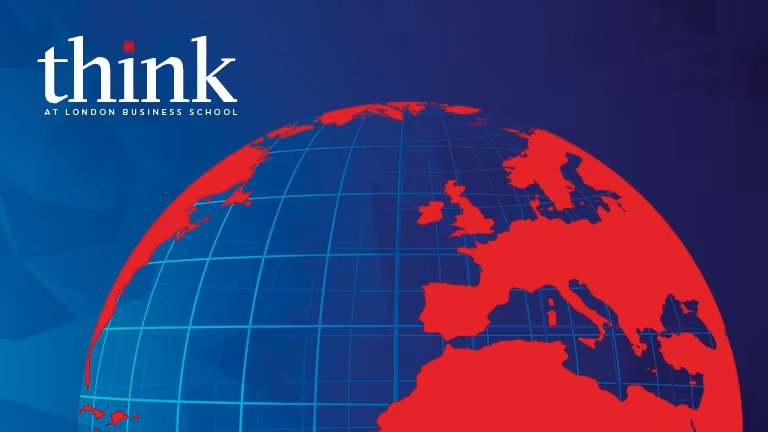
Discover fresh perspectives and research insights from LBS
Think at London Business School: fresh ideas and opinions from LBS faculty and other experts direct to your inbox
Sign upPlease enter a keyword and click the arrow to search the site
Or explore one of the areas below
There is no one grand theory of the future. Lynda Gratton contemplates three trends from 2016’s World Economic Forum

The dominant Davos talk last year was of the Greek crisis and the possible breakup of the Euro – this was a time when politicians and bankers were center stage as they were called into action to solve the crisis of the moment. This year, whilst bankers and politicians were still around, at center stage were artificial intelligence (AI) scientists, robotic experts, neuroscientists, medical researchers and authorities on the science of climate change. The questions they debated are just as challenging as the economic questions of 2015, though less likely to be resolved any time soon. Questions like: “What will be the impact of AI and machine learning on jobs? How are humans different from the robots already present at the forum? When will we understand the human brain? Will a cure for Alzheimer’s be found in our lifetime? What role can science play in mitigating climate change?” It seems to me that we should forget the rise of the robot theory – what we are watching is the rise of scientists.
What caught my attention were not grand theories – more, the questions being asked, and the small experiments being described. Here are three I’m still pondering.
I’ve been thinking and writing about the future for a decade now. But what is really beginning to strike me is that there are no ‘grand theories’. The forces that are shaping our future – be they the forces of technology, demography or resources – are playing out very differently across the regions of the world and are impacting areas and communities in unique ways. There is no one grand theory of the future – instead there will be multiple futures. What that means is that shaping positive futures will come from the experimentation and social change that individuals, families, communities and cities embark on as they try to navigate their own way through this highly volatile environment.
Experiments and questions like these will increasingly shape global conversations taking place in groups like the World Economic Forum – and as they keep changing, so too will our future.

Think at London Business School: fresh ideas and opinions from LBS faculty and other experts direct to your inbox
Sign up